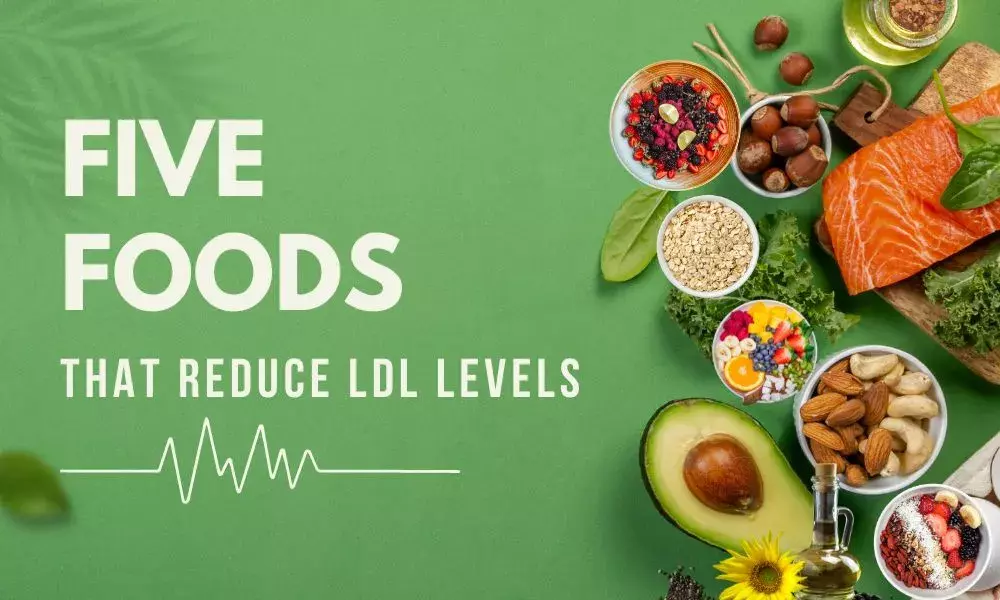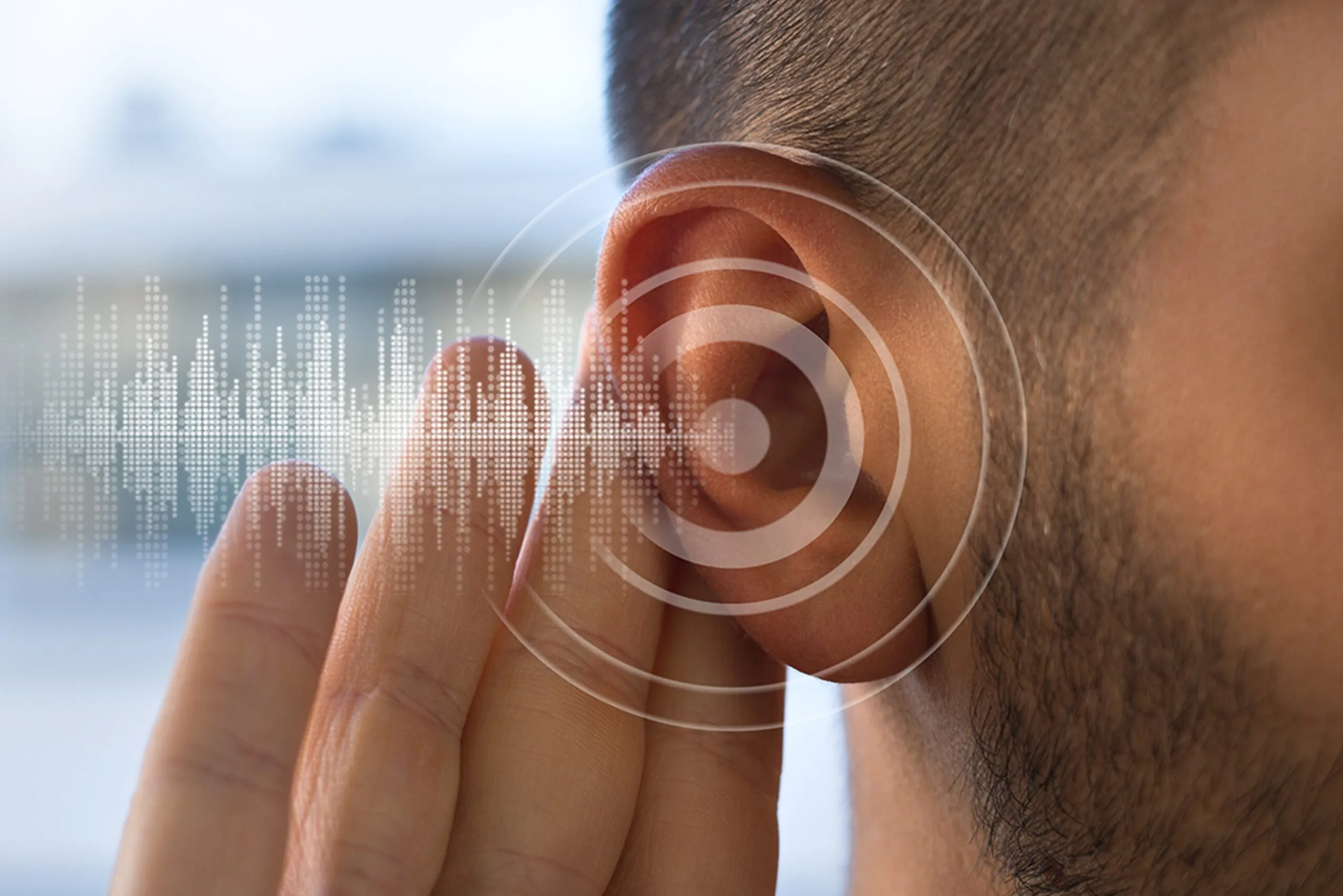Vitamins are important for the proper functioning of our body. According to experts, the main purpose of a multivitamin supplement is to fill nutritional gaps and help the body function properly.
At least 13 important nutrients are needed by the human body, 9 of which are water-soluble and the rest four fat-soluble. The vitamins are found in varying amounts in food, and people would require these to meet their nutritional requirements. Even though most vitamins can be taken at any time of day, some absorb better under special conditions, so it is better to know the best time to take our vitamins for good results.
Vitamin C
One of the most easily available vitamins, which plays an important role in many functionalities of our body is vitamin C. It is extremely powerful. Being an antioxidant, it boosts immunity and strengthens collagen and neurotransmitter synthesis. While naturally, vitamin C is packed in fruits like oranges, lemons, and pineapple, there are several forms of supplements like ascorbic acid with bioflavonoids, ascorbic acid, liposomal vitamin C, and calcium ascorbate. According to experts, vitamin C supplements can be taken at any time of the day – with or without meals. However, one needs to ensure that vitamin C supplements are stored in a cool and dark place, as it is sensitive to heat and light.
Vitamin B
Vitamin B is water soluble and available over-the-counter as a B Complex supplement, containing all eight B vitamins. One can take them with or without food at any time of the day, however, experts recommend consuming them in the morning as they have an important role in nutrient metabolism and energy production. Also, vitamin B works best when taken on an empty stomach with water.
Vitamin A
Vitamin A deficiency is common across the world. Even though it is naturally available in carrots, supplementing it is more important for quick absorption. Experts say most vitamin A supplements are derived from fish liver oil or carotenoids. It is recommended to take this vitamin along with a fat-containing meal. High-dose vitamin A supplements can increase the risk of all-cause and cancer-related mortality. And so, it is best to not supplement with high-dose vitamin A unless it has been prescribed to you.
Vitamin E
Vitamin E is super effective in the prevention and reversal of various disease complications due to its function as an antioxidant. It is anti-inflammatory and inhibits platelet aggregation. Vitamin E is also known to enhance immunity. Doctors usually recommend vitamin E supplements to be taken with a meal. Along with vitamin E supplements, it is important to take care of your diet and eat lots of fruits, and green leafy vegetables. Too much of this vitamin can be unsafe. Vitamin E can cause allergic reactions like skin rashes, hives, swelling on the face and bleeding from anus.
Multivitamins
According to experts, one must take multivitamins in the morning along with a meal so you can ease absorption. However, if that causes stomach pain, try taking it before bed. Multivitamins are full of vitamins and minerals and contain both fat- and water-soluble vitamins. Multivitamins enhance the absorption of nutrients while reducing the risk of gastrointestinal issues, which occur when you take them empty stomach.
For best results, ensure to take vitamins on an appropriate time. To consult a doctor, CLICK HERE.
FAQ on Best Time to Take Your Vitamins for Good Results
Is it better to take vitamins at night or in the morning?
Our body may absorb nutrients better if we take them with a meal containing fat. To function properly, our body requires 13 vitamins — 9 of these are water-soluble and 4 of are fat-soluble.
When should I take vitamins for the best results?
You should take your multivitamins in the morning with a meal so you can ease absorption. However, if that causes stomach pain, try taking it before bed. Remember, the most important thing is to make them a part of your daily routine.
How do you take vitamin D correctly?
Vitamin D is best absorbed when taken after a meal but may be taken with or without food.





